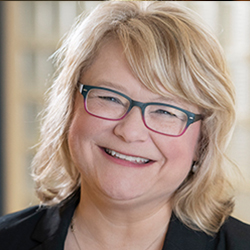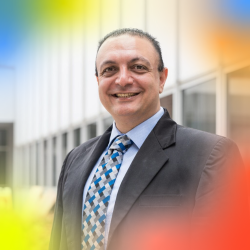Sites, especially smaller and newer ones, don’t like to challenge sponsors during a clinical trial, and that’s understandable, says Melissa Holbrook, MSN, NP, vice president for operations with Velocity Clinical Research. “Sites are not always comfortable pushing back, especially after they’ve opened a trial for enrollment,” she notes.
It’s also unfortunate, she stresses.
Frank, two-way communication between sites, sponsors, and everyone playing a part in the complex clinical trial daisy chain can lay the foundation for higher quality, a more efficient workforce, and a greater patient reach.
It’s no easy fix, Holbrook allows. However, she cautions sites not to assume sponsors won’t work with them. “Sometimes a site says a sponsor is saying ‘no’ when they are actually asking for more information,” she says.
Sites should do their best to have hard evidence and concrete examples in hand when they gently push back during a trial, Holbrook says. For example, a site might be observing a high screen failure rate. “They should study that” before contacting the sponsor, and may well find evidence to garner more reimbursement for the activity, she says.
CRO/Site Relations Best Practices
Join Holbrook at the ACRP Southeast Regional Conference in Durham, NC, October 3-4 for a panel discussion on the importance of a great CRO and site relationship. Learn about best practices from both the site and sponsor perspective, and explore opportunities to enhance communication from feasibility to study close-out.
The overall relationship is “much stronger” if all parties engage in open, robust, transparent communication every step of the way, Holbrook says. She speaks from more than a dozen years as a nurse practitioner and lots of work with sites in clinical trials.
“Sites need to be their own advocates,” she stresses. Just make sure it’s more than just words if you want to make the strongest possible case to a sponsor when something goes awry in a trial, she adds.
Author: Michael Causey



